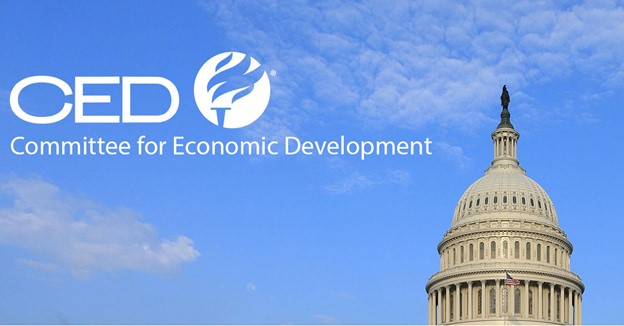Among other things, China’s COVID-19 response has seen the imposition of deep and vast local controls on mobility and commerce, essentially immobilizing hundreds of millions of people with a combination of both digital tracking technology and historic methods of physical mobility control. On the digital side, there has been a massive acceleration of the development and implementation of social credit-type controls, together with advancement of its enabling technology and mass acceptance of its use. In this area, we have arguably witnessed 5-year step change occur in just a few months. This advance of the state into the public sphere is not likely to reverse.
In parallel to the heroic headline story of virus containment at any cost, an important side story is the gravitation of political power back to the locales – power that Xi Jinping had effectively taken away over the last 5-plus years via the anti-corruption campaign and the projection of Central Party authority down to the ground level throughout China.
Virus containment issues notwithstanding, the locales are unlikely to give up their re-found power post-crisis. Although this power swing is anathema to Xi’s scale-focused national development strategy, and its emphasis on regional and municipal specialization, the handling of the COVID-19 epidemic will likely see the Center cede control back to the locals in favor of control over economic efficiency for a prolonged period, and with that, a return to the Mao-era concept of regional self-sufficiency. For foreign business in China, this power shift and control structure reversion portends a degree of re-fragmentation of supply chains and distribution channels and elevates the importance of location-specific strategies that harken back to the 1980s operating environment for MNCs in China.
| |
Forward Thinking is a digest of one or several ideas percolating at the China Center based on insights derived from expert opinion, data work, market observations, and/or member dialogue. Digest entries are premises and working hypotheses on key China issues and developments of high importance to members.
|
|


